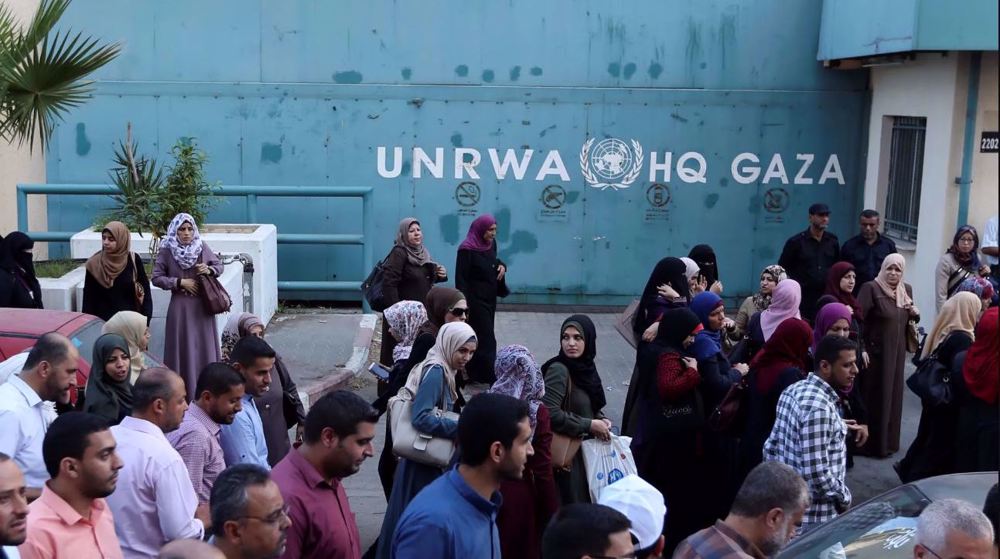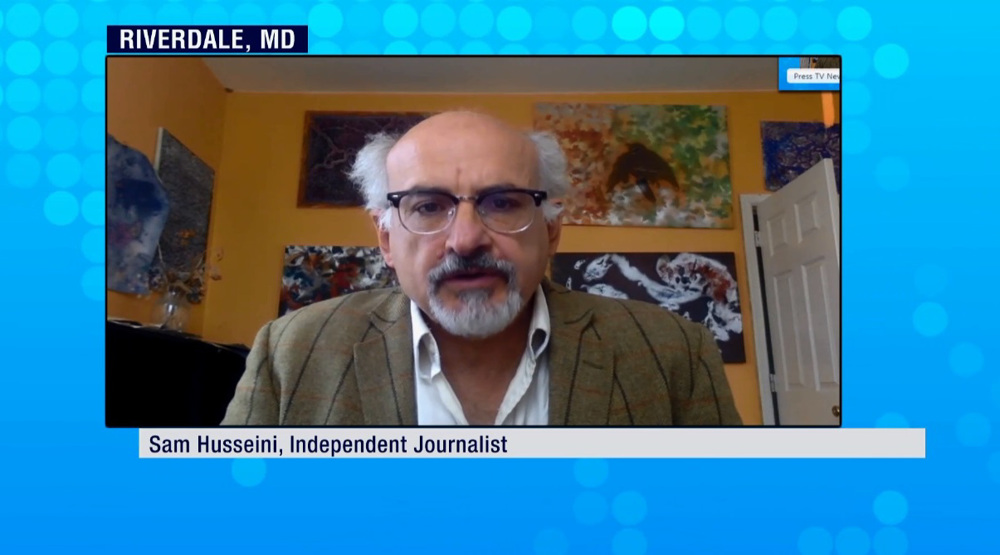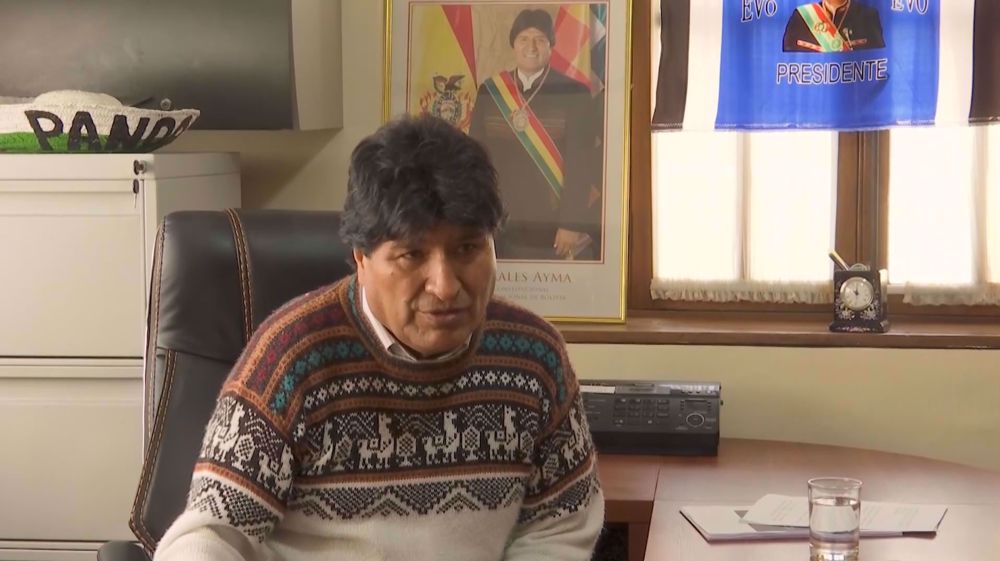More US troops in Afghanistan, huge mistake: Analyst
Press TV has interviewed Phyllis Bennis, a member of the Institute for Policy Studies in Washington, about US President Barack Obama announcing that more American troops than planned will stay in Afghanistan by the end of this year, when his presidency comes to an end.
A rough transcription of the interview appears below.
Press TV: How do you feel about President Obama’s decision?
Bennis: I think it is a huge mistake. It was a huge mistake when President Obama made the decision back in 2009 to escalate in Afghanistan in the so-called surge that brought the totals up to about 100,000 US troops and it is a mistake now to believe that the presence of US troops is going to help the situation in Afghanistan.
What we have seen is that 100,000 troops cannot deal militarily with the situation of Taliban control and as we now know from US generals themselves, the Taliban today control more territory than at any point since the US invasion that overthrew them in 2001.
So the 15 years of occupation - it will be 15 years in early October - that 15 years of occupation has done nothing to stabilize the situation, to bring any kind of freedom to the people of Afghanistan and even the key gains that we have heard so much about over the years that well if nothing else at least the situation for children means they can go to school and girls can go to school, those were laudable goals, those were important goals but they were not achieved.
We know from the Special Inspector General for Afghanistan who testified in Congress about a couple of months ago, he said directly that the claim that all the children are now in school is simply false and that it turns out that 42 percent of Afghan children either have never been to school or dropped out before they reach the fifth grade.
So we are hearing about schools that do not exist, the ability of schools to function in terms of electricity and water is widely impossible, so even the thing that was considered the best thing that we had done for the people of Afghanistan turns out to be false.
It is going to be a very difficult row to hoe for the people of Afghanistan. There is going to have to be a negotiated political solution and as long as the US occupation continues whether it is 5,000 troops or 100,000 troops, it is clear that there is going to be a continuing war against that occupation and against the Afghan government that is widely seen as number one corrupt, number two allowing and encouraging this US presence. As long as that continues I do not think the possibilities for negotiations are very good and without negotiations we are not going to have an end to this war.
Press TV: I imagine that the White House would defend itself and say, ‘Hey, the Afghan president is happy about this so who are we to argue?’
Bennis: Well the Afghan president is there because he is backed by the United States. The Afghan president has made a name for himself as the mayor of Kabul as was true for his predecessor, it is widely viewed that his brief runs only to the borders of the city and maybe not even that far.
Afghanistan unlike say Iraq is not a country that historically had a strong central government. It historically was much more focused on regional power, local power that devolved to local communities. What went on in Kabul was of less interest to people. It had little to do with the lives of most people. Most people in Afghanistan are not urban, do not live in big cities, the vast majority, about 80 percent live in tiny villages scattered over a huge territory.
So what happens in Kabul, what the president says or does not say, does not have very much to do with the people in the rest of the country except in so far as his decisions impact the policies that then affect others but the president is not seen as someone to whom people in the country are very accountable.
Press TV: And as the final thought, I am wondering, I am looking to the future then, whoever comes into the White House after the elections in November, do you think that this Afghan policy as it is will continue?
Bennis: Unfortunately I do. What we know from Secretary Clinton is that she has generally supported the escalation of US involvement in all the wars across the Middle East and Central Asia including Libya, Syria, etc., there is no reason to think that she will have changed her position on Afghanistan and Donald Trump, the likely candidate of the Republican Party, he has changed his positions at various times but it is pretty clear that his Islamophobia, his antagonism to Muslims would play out here and his willingness to send massive numbers of US troops despite his occasional rhetoric of isolationism, his militarism is a much stronger component of what he seems to believe - it is a little hard to know exactly what he believes - but the culmination of militarism and the hatred of Islam and Islamophobia, this hatred of Muslims that he has put forward talking about the prohibition on Muslims coming to the United States, etc., those culminations would indicate a very dangerous possibility of even escalation in Afghanistan.
Pro-Palestine rallies spread after students arrested at Columbia University
US will pull out military personnel from Niger: Report
US sanctions on Venezuelan oil ‘violation of human rights’: Iran
VIDEO | Hundreds of students take to streets in Milan in support of Palestine
UN warns hundreds of thousands of Sudanese under ‘immediate danger’
Iraqi resistance strikes ‘vital’ target in Eilat after Israel attacks PMU base
North Korea conducts cruise missile warhead test: State media
Israeli airstrike kills at least 7 people in Rafah














 This makes it easy to access the Press TV website
This makes it easy to access the Press TV website